Karla Cox is a paramedic turned farmer who uses permaculture and biodynamic practices to grow her market garden in the Okanagan region of British Columbia. She took a break from her work on a rainy spring day to chat with me about her path into farming and why connection with our farmers and our food is so important.
Karla grew up in the Canadian urban center of Lethbridge but has sweet memories of her time in the country as a child. Her grandfather was a cattle rancher, and as a young child she would spend time on the ranch picking saskatoons, catching frogs, and shelling peas with her aunts. Summers she spent in the Okanogan with her father’s family where one of her uncles was a fruit farmer. She would run through the orchards, playing a game with her cousin going from tree to tree to find the best tasting apple.
She became a paramedic and was living in Alberta when she started educating herself about our food system. She was shocked by what she learned. “It really made me hyper aware of how the system functions to make a profit,” she told me. “They have no moral obligation to make you healthy. It’s not ethical, it’s very manipulative and deceptive. I decided I was going to start growing my own food.” She took a permaculture course and was thrilled with how much sense it made. She lived in an area with a very short growing season but started growing her own food and diving into the world of sustainable food production. “I tried to do as much as I could,” she said. “I started a company, I was teaching people and I was doing a lot of landscape design. It was really compelling and amazing how many people wanted to switch over their grass lawns and start growing food and do it really ethically and non-conventionally. I just started falling in love with it more and more.”
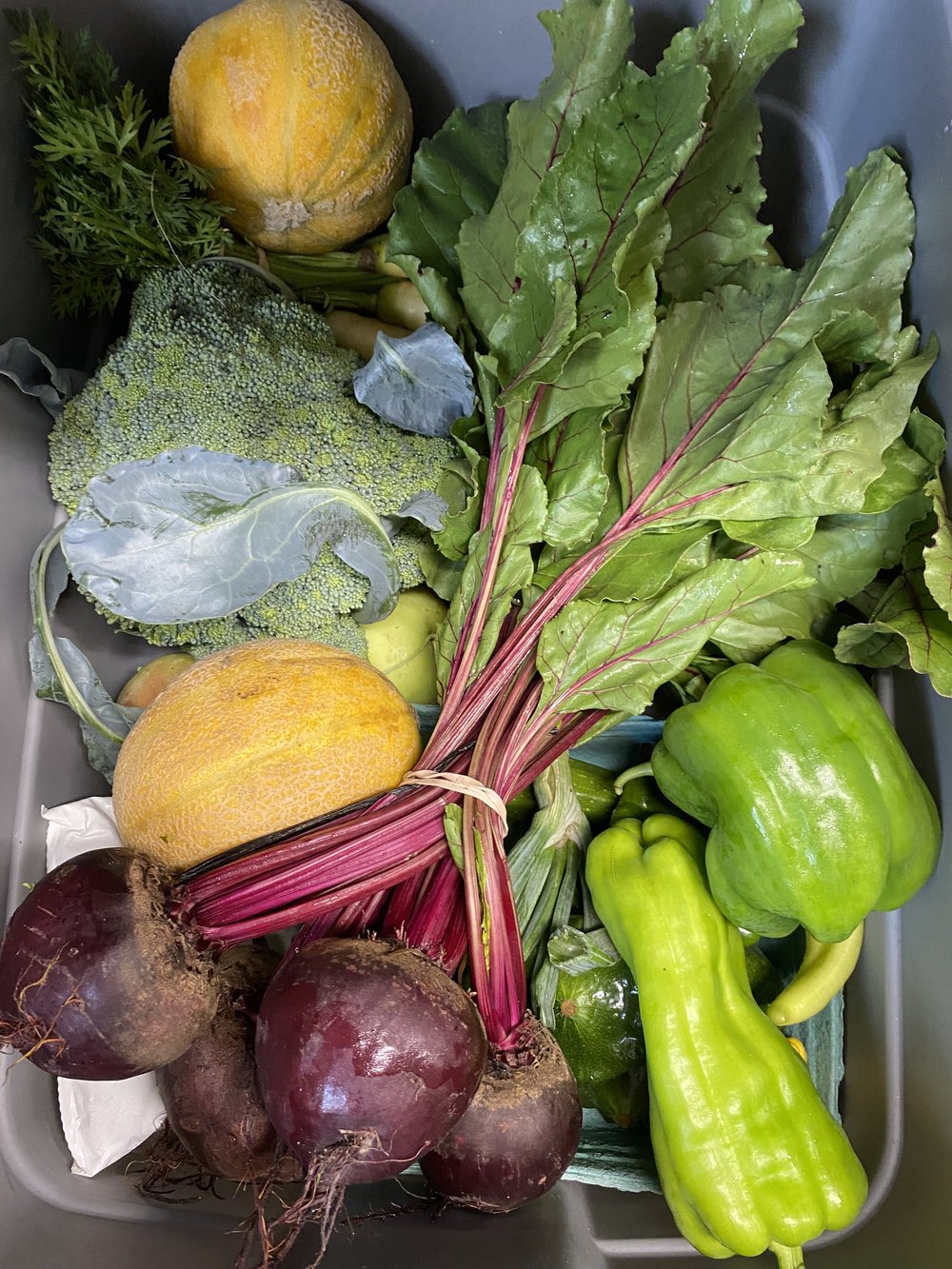
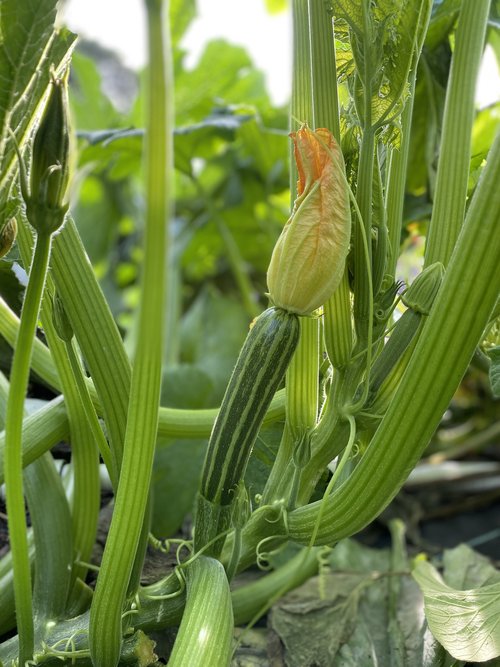
She became increasingly disenchanted with her career as a medic, finding more calmness and peace in her garden and with likeminded people. A series of traumatic events in her personal and professional life over the course of a year resulted in diagnoses of major depressive disorder and complex PTSD, leaving her nearly nonfunctional. She took a year off work to focus on her health. “The list of things to do in a day was walk the dog, have a shower, drink a cup of coffee, go to therapy, and that was it,” she admitted. Being outside was very helpful for her during this time and toward the end of the year she felt whole again and “the best version of myself I’ve ever been.” She speaks of the whole painful experience as an incredible opportunity to heal. When she returned to work, she realized that she could do it, but she no longer found any joy in it. Her marriage was ending, and she decided that she wanted to go home to the Okanagon.
She can’t remember a specific moment when she realized she wanted to farm full time, but it was always in the back of her head. “I wanted to see if I could do it,” she said. Through a series of extremely fortunate coincidences, she landed on a half-acre of land and started Plot Twist Farms. “I had no idea what I was doing, and I was completely terrified, but I knew I wanted to do it more than anything, so I just pushed through it. I realized how much I didn’t know, and then just fell madly in love with it. It was just me and my dog and the sunshine and my mistakes and my lessons and my joys and my sadness. It was a great place to process that transition in my life and just grow personally as the garden grew. And then I was all in,” she laughed, “that was all I wanted to do was be a farmer.”
Karla is passionate about bringing a permaculture approach to her farming. One principle of permaculture is diversity. Karla spoke of how the diversity we see in nature creates a supportive network and facilitates a built-in safety net should one aspect of the system fall prey to weather, disease, or predators. This enables a system that is flexible and strong. She’s brought this concept into her business model, developing several outlets for her produce. This served her well during the pandemic when the restaurants and farmers market shut down, but the CSA became more popular than ever. However, if farmers diversify as much as Mother Nature does, we lose the efficiency that we get with orderly rows of annual crops. Karla works to creatively merge the two concepts to grow a garden that is both efficient and strong.
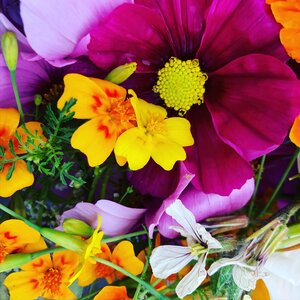
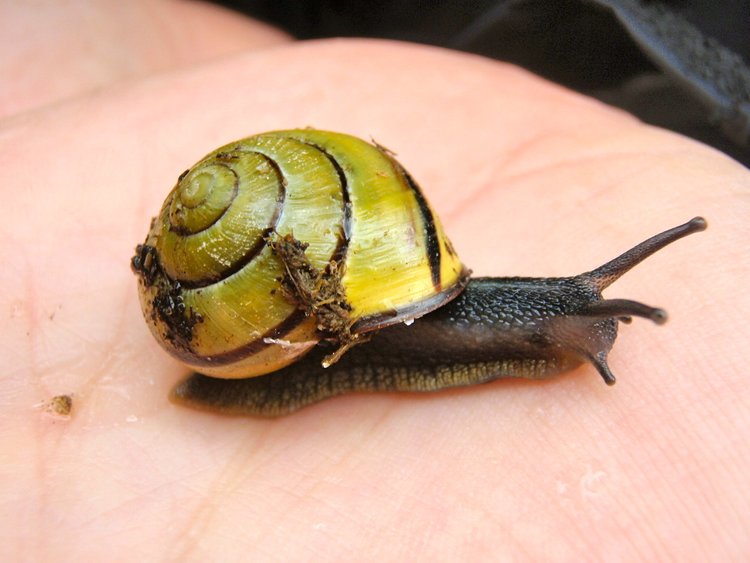
She explained how interplanting helps with pest management in an organic garden. Plants in the cruciferous family, for example, attract many pests. But if you plant a row of broccoli and plant scallions around it, the smell of the scallions will deter the insects. Another way to deter pests is to attract their predators. For example, planting dill around kale can be effective, since kale will attract aphids, but dill will attract wasps, which will then eat the aphids.
“If you think of a field of 10 acres of wheat and you get a bug that loves to eat wheat,” Karla explained, “it’s going to think it found the jackpot, it will call all of its friends, they will all show up, and all they will do is eat and reproduce because they have hit the motherload. There’s nothing in the monocultural system to provide balance, there is nothing to distract the pests, which is why chemicals are being used to protect the plants.”
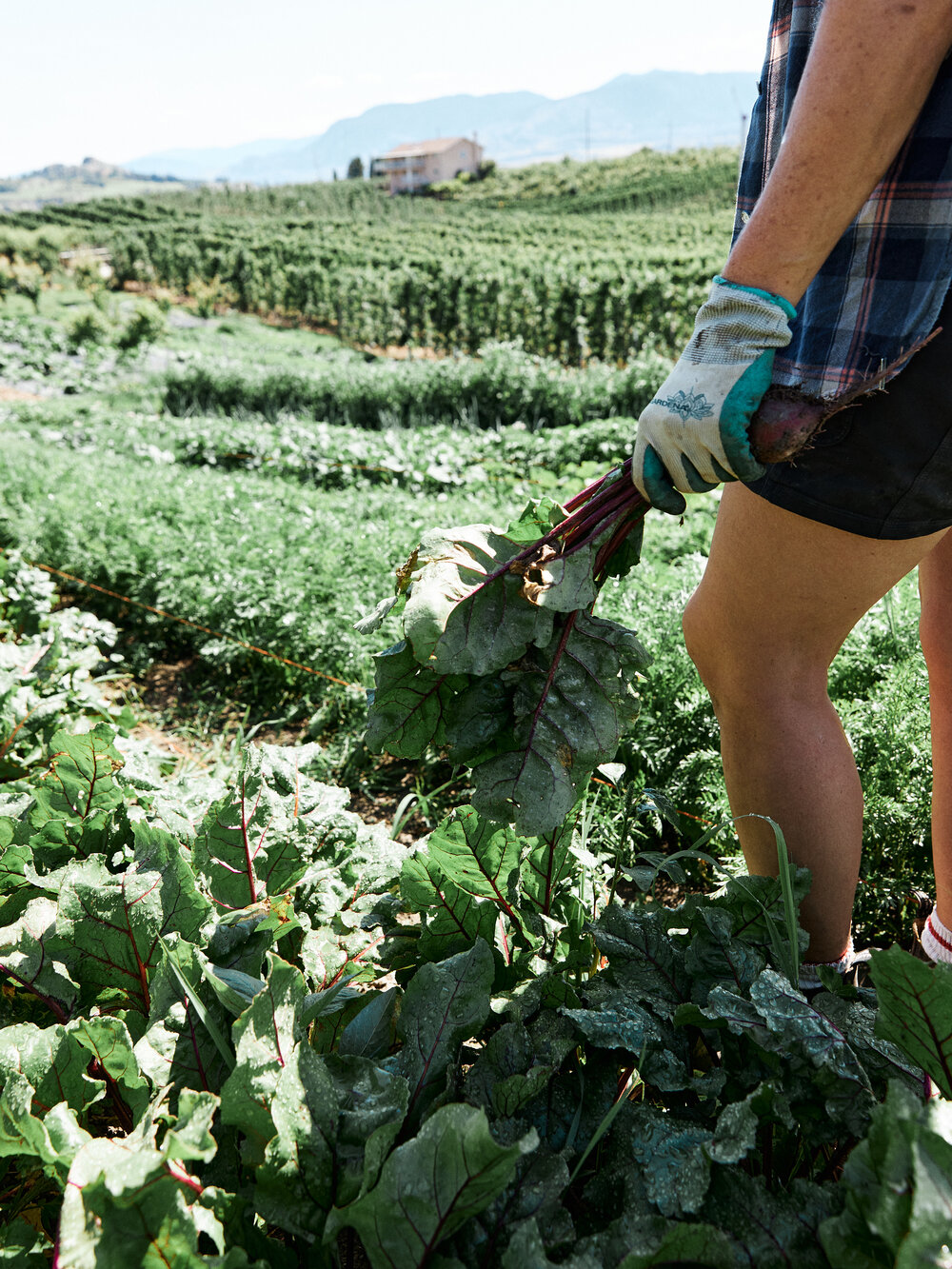
As she gardens, she thinks about what would be happening in a functional system without human intervention, such as a forest. This helps her work with nature, not against it. When trying to solve one problem, she said that it is easy to not see the whole picture and inadvertently create more problems. She tries to mimic nature and be very light handed when making interventions.
Karla spoke about the complexity of plants and their roles within an ecosystem. “Integration and stacking functions is huge,” she said. “If you have an apple tree, it’s not just there to give you apples, it’s providing shade. So then if you plant something under there that likes the shade, it’s not just enjoying the shade, it’s maybe flowering at the same time the apple is so that it’s attracting more pollinators. Maybe something else that likes the shade is growing there that is edible, but it’s not only edible, it is also feeding the soil, or creating a habitat for something that helps all the other plants. So, you are creating that web. Everything is integrated to work together as a system.”
It can seem like this type of gardening requires an extensive knowledge of horticulture, but Karla said she has zero formal horticultural education. She learns as she goes and lets nature teach her. She emphasized that permaculture courses only teach you the basic principles and give you tools to work with. She compared gardening using permaculture methods to her work as a paramedic: they teach you how the body works but you must apply the principles on your own since each individual situation is different.
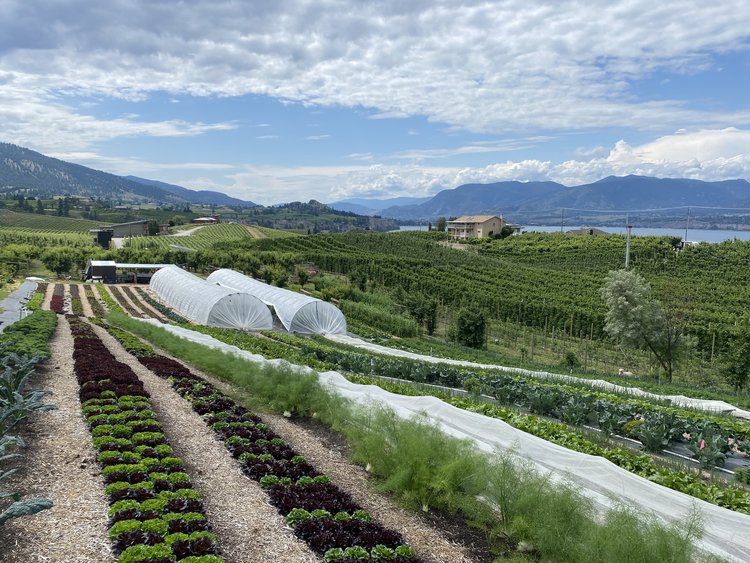
She explained how she has taught herself to garden in her environment. “If I see a bug or a weed, I Google it, I try to identify it and learn about that, and think about what it is providing and what it is taking. Maybe it’s something I’m glad is there or maybe it is something that is indicating another process that is happening already that I need to pay attention to.”
Compared to the complex system of relationships in nature, many modern humans live in a much more isolated and independent way. The attitude of ‘whatever I want, I have to go get it and do it all myself’ can be exhausting and dysfunctional. Karla suggests a different approach. “Take the ego out of it and you can rely on community groups.” She spoke about bringing back this ancient way of tribal living. “They hunt and gather and share and learn and lean on each other, and they take care of their elderly and their sick and their wounded and the children. If you want fresh eggs and fruit trees and vegetables and canned goods, you don’t need to do it all on your own. If your neighbor has the chickens and you have the bees and someone else has the garden and someone else does the canning, why can’t you all share? And that’s diversity.”
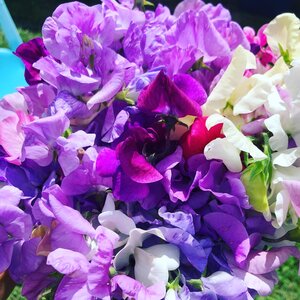
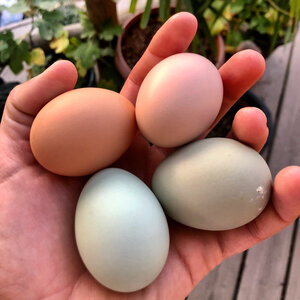
Karla doesn’t have a competitive bone in her body. “I’m not building a sneaker,” she laughed, “It’s food. Everybody has to eat.” During the pandemic, she was able to work with her neighboring farmers and business owners to enhance her CSA boxes. They offered additions of coffee from the local café, wine from the neighboring winery, fresh bread and pasta from restaurants, cheese, eggs, and soup from other producers. This helped keep small businesses afloat while delivering fresh food to customers’ doors.
Karla believes that we are moving into a time when people will produce more and more of their own food. The pandemic threw a huge spotlight on the fragility of our food system, and people are seeking ways to be self-sustaining. “We really want to give people their power back. By teaching them how to grow their own food, they can provide for themselves and they’re not relying on a system they have zero control over. I love teaching and people really want to learn,” said Karla. She has begun teaching gardening and permaculture workshops and hopes to make her educational products available online next year.
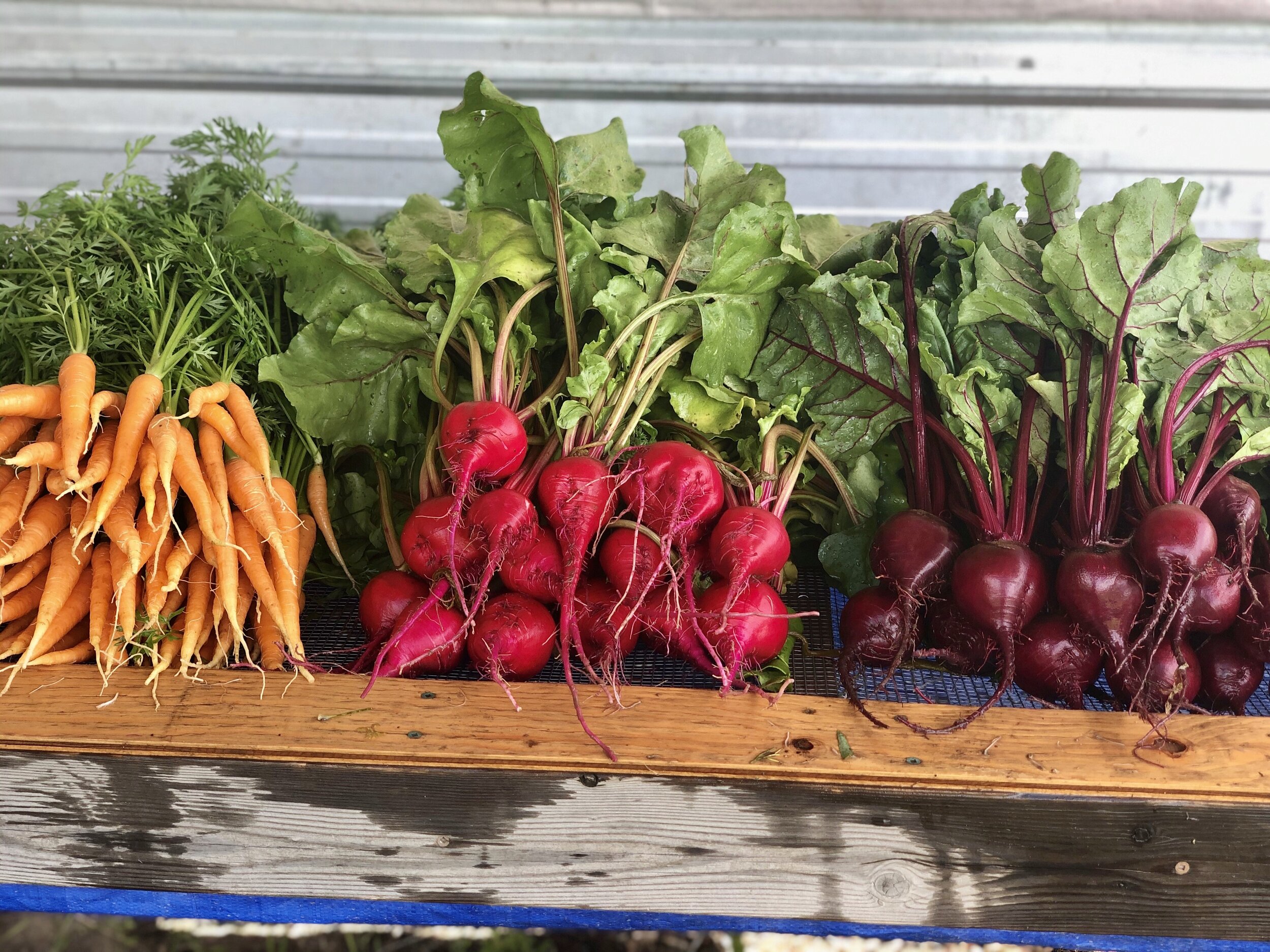
Farm work is physically hard, and while Karla’s enthusiasm and love for her work might seem boundless, she acknowledged that the early mornings and constant physical labor can exhaust her. “If you’re not getting out there and actually moving around and doing things with your hands and your body, it doesn’t get done. It’s not like a digital product that can run on its own. The hard part is wanting to do so much and being restricted by the amount of physical time and energy that you have.” She focuses on working smarter not harder and always being on the lookout for ways to build efficiency into systems.
Karla emphasized that connecting with farmers and your food supply is an important first step in living more in harmony with nature. “Support local farms, meet your farmers at markets, shake their hands, go see them, be a part of farm tours or open houses, ask questions. When people are connected to the food they eat and the people who grow it, that is a really strong empowering bond,” she said.
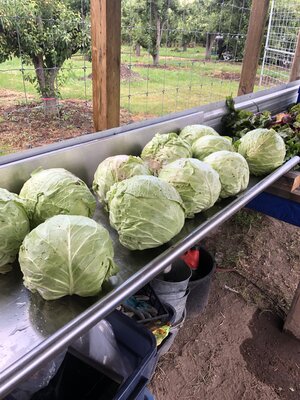
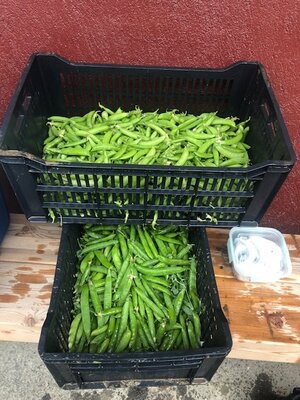
What is Karla’s favorite part of a day on the farm? Simply walking around and observing the abundance that has grown from tiny seeds and the habitats that are being created for other living things. “I’m always blown away by how fast things grow and how amazing it is that a seed wants to fulfill its destiny and become this plant and provide! A little seed will give you 30 pounds of tomatoes and feed an entire family, and it’s our nutrition, it’s what keeps us alive, and it’s this connection because you put it in your body, and it becomes part of you. That brings it full circle because I brought it to life and it’s becoming my life. We are just giving nature that safe space to do her thing and be witnesses to that, and we just assist a little bit. That’s what I love.”
Nature’s inherent ability to restore equilibrium resonates strongly in Karla Cox’s story. From her childhood experiences on her grandfather’s ranch to her transformative journey into permaculture and farming, Karla’s deep connection with and respect for the natural world has guided her each step of the way. By fostering self-sufficiency, collaboration, and honoring the profound bond between humans and the food they consume, Karla exemplifies the profound truth that, just like nature, we too can find our balance.
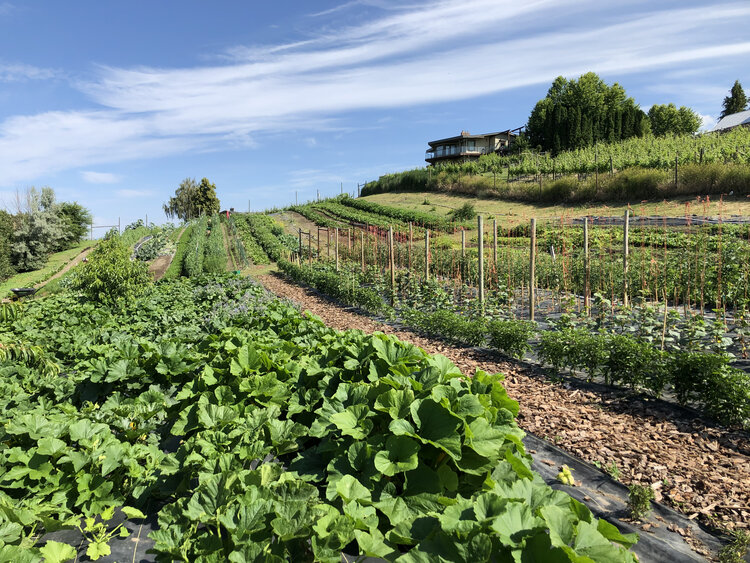
Karla Cox
“Nature will find its own balance.”

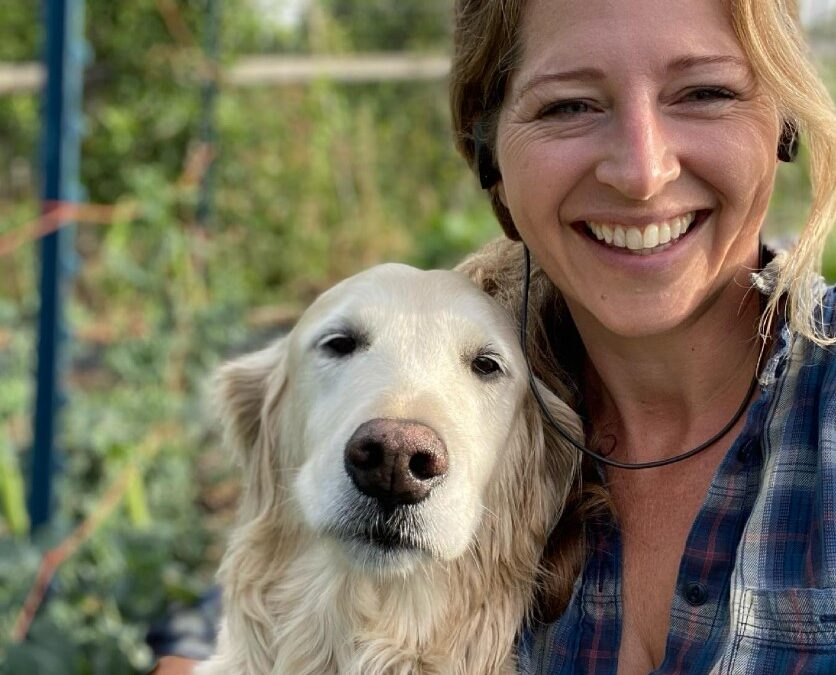
Freaking awesome!!!!!!!
Fabulous article. So much wisdom and experience in here. Her generous spirit and unselfish attitude is refreshing.